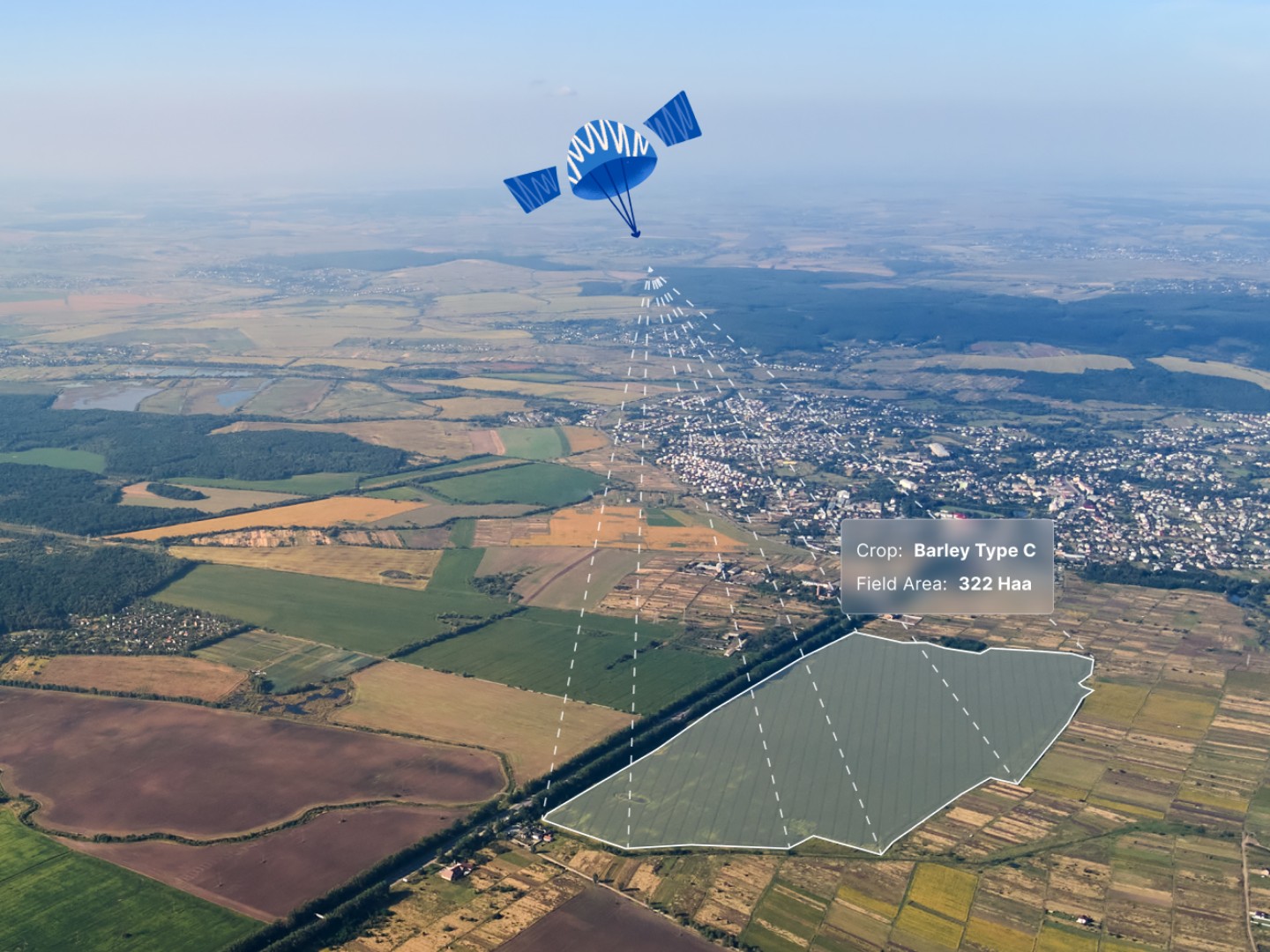What is an NDA?
NDA (Non-Disclosure Agreement) is a legally binding agreement used to protect confidential information between two or more parties.
This is particularly important when it comes to intellectual property rights such as patents, trademarks and designs, where secrecy can be crucial to ensuring exclusivity and commercial value.
Names often used instead of NDA:
- Confidentiality declaration
- Confidentiality agreement
- Secrecy agreement
How NDAs protect your intellectual property rights
An NDA defines exactly what information should be kept confidential, and sets clear boundaries for how that information can be used and who can access it. This gives you control, and reduces the risk of misuse or loss of rights.
Patent - Before an invention is patented, the details must be kept secret to avoid losing the patent rights. An NDA ensures that partners or investors do not reveal the idea until you have it protected. This ensures that the invention is still considered new, which is a requirement for applying for a patent.
Trademark - When developing a new brand or name, it may be necessary to involve designers, marketers or lawyers. An NDA prevents the idea from leaking to competitors before it is registered.
Design - New product designs often need to be shared with manufacturers, developers or partners. An NDA helps protect the design from copying and ensures that the rights remain with the creator.
What should an NDA contain?
- Definition of confidential information: What is considered secret? Documents, conversations, business data?
- Purpose: Why is the information being shared? What will it be used for?
- Parties and obligations: Who is bound by the agreement, and what are they obligated to do?
- Duration: How long will the confidentiality obligation last? Often, it continues even after the collaboration has ended.
- Consequences of violation: What happens if someone breaks the agreement? Typical sanctions include compensation or legal claims.
Use of standard NDA template
A template is a good starting point, but should be customized. Consider legal assistance if complex matters or large values are involved.
What does an NDA secure that the law does not?
Although Norwegian law provides some protection through the Trade Secrets Act, an NDA offers more precise and tailored protection. It also serves as an important piece of evidence in the event of disputes. This is especially important in negotiations, collaborations, and international agreements where legislation may vary.
Can everything be solved with an NDA?
An NDA alone is not enough. You must also handle trade secrets carefully and ensure they are not easily accessible to third parties.


